Do not skip on daily nutrition
Good quality protein is essential when training for a challenging hike due to several reasons:
Energy Source: While carbohydrates are the primary energy source for endurance activities like hiking, protein can also contribute to your energy needs. It provides a more sustained release of energy compared to carbohydrates, helping to maintain energy levels over the course of a challenging hike.
Satiety and Weight Management: Protein-rich foods tend to be more satiating, which means they help you feel full and satisfied. This can be beneficial for weight management, ensuring that you have the necessary nutrients to support your activity without overeating.
Immune Function: Intense physical activity can temporarily suppress the immune system. Adequate protein intake is important for maintaining immune function, which is crucial when preparing for and recovering from challenging hikes.
Amino Acid Profile: Proteins are made up of amino acids, some of which are essential and cannot be produced by the body. Consuming high-quality protein ensures that you get a complete and balanced profile of essential amino acids, supporting various physiological functions.
Reducing Muscle Soreness: Protein intake has been linked to reducing muscle soreness after intense exercise. This can be particularly beneficial when training for challenging hikes, as it may help mitigate the discomfort associated with muscle fatigue.
Hydration Support: Protein-rich foods can contribute to overall hydration, as they often contain water. Maintaining proper hydration is crucial for any physical activity, including hiking.
Muscle Repair and Growth: Protein is crucial for repairing and building muscle tissue. When you engage in challenging hikes or other forms of physical exercise, your muscles experience microtears. Consuming an adequate amount of high-quality protein supports the repair and growth of these muscles, helping you recover more efficiently.
Do not train alone
Training with a buddy for a challenging goal can offer various benefits, both physical and psychological. Here are several reasons why having a training partner can be important:
Motivation and Accountability: Having a training buddy provides built-in motivation. Knowing that someone else is relying on you to show up for a workout can be a powerful incentive. It helps keep you accountable to your training schedule and reduces the likelihood of skipping sessions.
Increased Consistency: Consistency is key when training for a challenging goal. Having a partner can help you stay consistent by providing regular training sessions and reducing the temptation to skip workouts.
Pushing Limits: A training buddy can push you to work harder and go beyond your comfort zone. Friendly competition or the simple presence of another person can motivate you to push through fatigue and tackle more challenging exercises or longer durations.
Safety: Particularly in outdoor activities like hiking or running, having a buddy enhances safety. You can watch out for each other, provide assistance in case of emergencies, and offer support during challenging or risky situations.
Skill Development: Training with a partner allows for skill development through observation and feedback. You can learn from each other, share tips, and correct each other’s form, leading to more effective workouts and reduced risk of injury.
Social Interaction: Exercise doesn’t have to be a solitary activity. Training with a buddy adds a social element to your workouts, making them more enjoyable. It can turn a challenging goal into a shared experience, fostering camaraderie and building a sense of community.
Emotional Support: Pursuing challenging goals can be mentally demanding. A training buddy provides emotional support, understanding the highs and lows of the journey. Sharing your experiences, frustrations, and achievements with someone who has similar goals can be emotionally uplifting.
Diverse Perspectives: Your training partner may bring a different skill set, experience, or perspective to the table. This diversity can enrich your training program by introducing new exercises, techniques, or approaches that you might not have considered on your own.
Problem-Solving: When faced with challenges or obstacles, having a training buddy means you can brainstorm solutions together. This collaborative problem-solving can be beneficial in overcoming hurdles and adapting your training plan as needed.
Celebrating Successes: Achieving a challenging goal is more rewarding when you can celebrate with someone who understands the effort you’ve put in. Sharing the joy of success with a training partner can make the accomplishment even more meaningful.
Do not skip a rest day
Rest days are crucial for overall fitness and well-being. Here are some key reasons why taking rest days between workouts is important:
Muscle Recovery: During exercise, especially strength training or intense physical activity, muscle fibers undergo microscopic damage. Rest days allow these muscles to repair and rebuild, promoting growth and preventing overuse injuries.
Prevention of Overtraining: Overtraining occurs when the volume and intensity of exercise exceed the body’s ability to recover. This can lead to fatigue, decreased performance, increased risk of injury, and even immune system suppression. Regular rest days help prevent overtraining by giving the body the time it needs to recover.
Injury Prevention: Continuous, repetitive stress on muscles and joints without adequate rest increases the risk of overuse injuries. Rest days provide an opportunity for the body to repair and strengthen, reducing the likelihood of injuries such as stress fractures, strains, and sprains.
Energy Restoration: Intense workouts deplete energy stores in the form of glycogen. Rest days allow the body to replenish these stores, ensuring that you have enough energy for your next workout and preventing fatigue.
Mental Recovery: Physical fatigue is often accompanied by mental fatigue. Taking regular rest days helps prevent burnout and allows for mental recovery. It can improve focus, motivation, and overall mental well-being.
Hormonal Balance: Intense exercise can temporarily disrupt hormonal balance, particularly cortisol (stress hormone) levels. Adequate rest helps restore hormonal balance, promoting better overall health.
Immune System Support: Intense and prolonged exercise can temporarily suppress the immune system. Adequate rest is essential to allow the immune system to recover and function optimally, reducing the risk of illness.
Adaptation to Training: The body adapts and becomes stronger during the rest periods between workouts, not during the workouts themselves. Rest days are when the body assimilates the training stimuli and makes the necessary adaptations to improve performance.
Improved Performance: Regular rest days can lead to improved performance by preventing fatigue-related declines in strength, power, and endurance. Athletes often incorporate strategic rest into their training plans to peak for important competitions.
Preventing Plateaus: Continuous, intense training without sufficient recovery can lead to plateaus in performance. Incorporating rest days helps prevent stagnation and allows for continued progress in strength, endurance, and overall fitness.
Do not skip daily quality sleep
Adequate and quality sleep is essential for anyone engaged in strenuous training or preparing for a challenging physical endeavor. Here are several reasons why sleep is crucial during training:
Muscle Recovery: Sleep is a critical time for the body to repair and rebuild muscles. Growth hormone is released during deep sleep, contributing to the repair of tissues and the recovery of muscles stressed during intense training.
Hormonal Regulation: Lack of sleep can disrupt hormonal balance, particularly hormones related to stress and appetite. Elevated cortisol levels, associated with inadequate sleep, may impede muscle growth and recovery.
Energy Restoration: Sleep is vital for replenishing energy stores, such as glycogen. Having sufficient energy is crucial for sustained performance during strenuous training sessions.
Immune System Function: Quality sleep supports a robust immune system. Regular intense exercise can temporarily suppress the immune system, and adequate sleep is essential for its recovery and optimal functioning. This helps reduce the risk of illness, which could interfere with training.
Cognitive Function: Sleep is crucial for cognitive functions such as memory, focus, and decision-making. These cognitive abilities are important not only for effective training but also for maintaining safety during challenging physical activities.
Injury Prevention: Lack of sleep can lead to impaired coordination and slower reaction times, increasing the risk of accidents and injuries during training. Quality sleep contributes to better coordination and improved motor skills.
Mood and Mental Well-Being: Sleep has a profound impact on mood and mental well-being. Inadequate sleep can lead to irritability, increased stress, and a decreased ability to cope with the challenges of training. Quality sleep supports mental resilience and a positive mindset.
Regulation of Metabolism: Sleep plays a role in regulating metabolism and appetite. Lack of sleep has been associated with disruptions in hunger-regulating hormones, potentially leading to increased cravings for unhealthy foods and weight gain.
Optimal Performance: Consistently getting enough sleep is linked to better athletic performance, including improved speed, accuracy, and reaction times. Athletes who prioritize sleep often experience enhanced overall physical performance.
Recovery from Mental Fatigue: Strenuous training not only puts physical stress on the body but also mental stress. Quality sleep is crucial for the recovery of mental fatigue, ensuring that you are mentally prepared for the challenges of your training regimen






